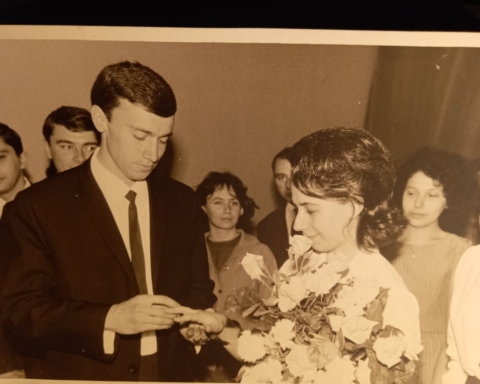Back in 1997, my father Daniel Soller traveled to the USA from Switzerland for the first time in his entire life. He was not just visiting on holiday: he was there to start a new life. He had no idea about what would come, but when he got there, he loved most of what he found. 24 years after his move, I made the same journey in the opposite direction on an exchange and even though the same two countries are involved, our experiences have been quite different.
Daniel experienced quite a lot of culture shock. He was struck by the differences in the education systems, the fact that the military is not mandatory for all men in the USA, and the much shorter paid vacations he said. In Switzerland there are a minimum of four weeks of vacation per year and if you are under 20, you are entitled to five weeks. According to the federal rules of paid vacation the U.S. In the U.S. you get ten vacation days per year. But he also noticed that the social safety net is much stronger in Switzerland than in America. This means that the Swiss employer protection rules are much stronger, so you cannot just be fired from one day to the next. This can, of course, also work against the employee because it means you cannot just quit a job without giving notice. This is also true about some jobs in the U.S. but in Switzerland it really can’t be avoided.
This social safety also applies to health insurance, which is not mandatory in the US – but if you do not have it, you could easily go bankrupt because of health insurance claims, even if you make a decent salary and are living well.The trade off for Swiss people is that they have to pay for it but from that they get peace of mind The other big difference that impressed him was the gap in pay between lower class jobs and higher class jobs. Manual workers tend to be treated better in Switzerland. Daniel says “I am still very shocked about some of these differences even after living in the U.S. for over 20 years”.
After my journey in the opposite direction to spend an exchange year in Switzerland, I immediately noticed how people my age tended to be much more open. An example of this was on my first day of school: many people greeted me with a hug. This type of friendliness was not something I had really experienced before. I also experienced a substantial change in my wardrobe. In the US we tend to dress in sweatpants and hoodies, but here most people wear trousers every day. This can affect the way you feel in school and if you are comfortable or not depending on your style . Arriving in Switzerland and hearing my Swiss friends speak Swiss German, standard German, French and other languages was the most shocking difference for me.
In Switzerland, everybody my age seems to be multilingual. At my school in Switzerland everybody learns at least two foreign languages. In the U.S. it is a huge deal if you can speak any other language than English, here is a quote from the “cdt.ch” “two out of three Swiss people regularly speak several languages” and “more than two thirds of the swiss resident population aged 15 or over regularly uses more than one language” . Moving to Switzerland was no doubt the best and most challenging thing I have ever done, and I would do it again if I could – and despite these downsides there are many upsides, such as its size, its opportunities, and its diversity. My father feels just the same about his move across the Atlantic to New York.



